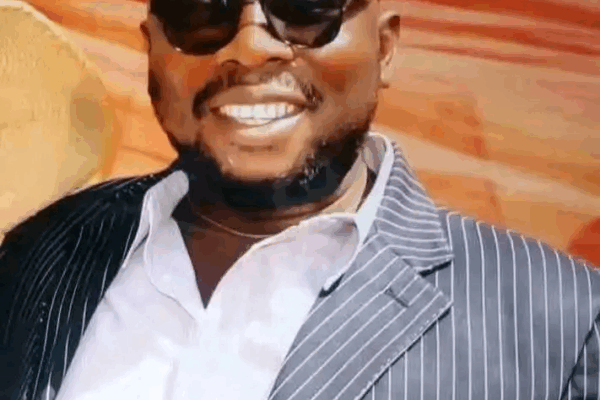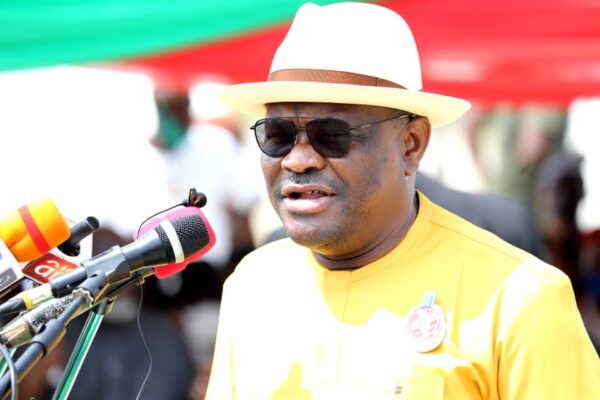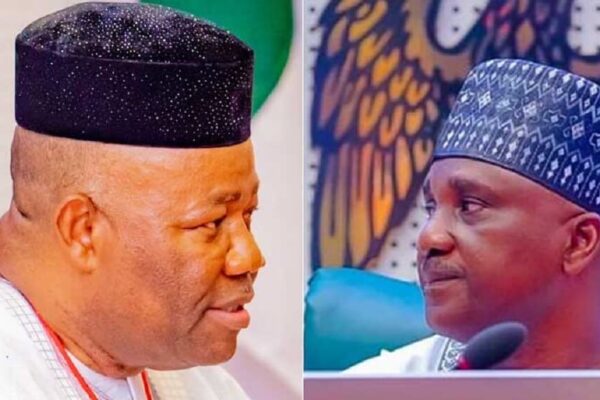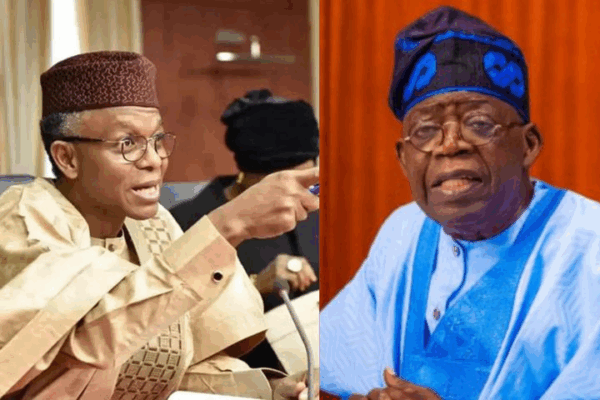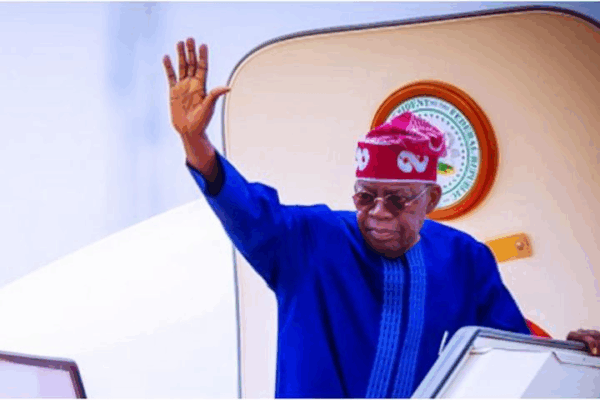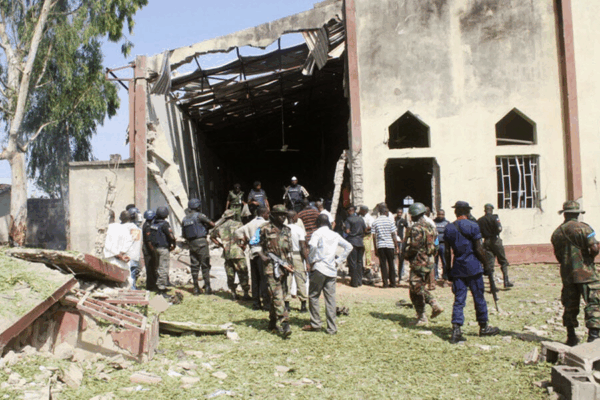
Five Dead, 15 Injured in Kano Explosion Caused by Military-Grade Bomb
Published June 21, 2025 – By Kamal Yalwa The Kano State Police Command has confirmed that five individuals lost their lives in a deadly explosion that occurred on Saturday at a scrap collection facility along the Eastern Bypass in Kano. According to the Commissioner of Police, Ibrahim Adamu Bakori, the blast was caused by a military-grade explosive device hidden inside a vehicle transporting scrap materials from Yobe State to Kano. The vehicle reportedly detonated at the facility, resulting in a tragic loss of life and multiple injuries. “We received an emergency alert and quickly mobilised a response team to the area,” CP Bakori told reporters. “Upon arrival, we discovered that it was a military model bomb that exploded. Fifteen people were injured and rushed to Aminu Kano Teaching Hospital.” Out of the 15, five were confirmed dead at the hospital, while 10 others are currently receiving medical treatment. Preliminary investigations suggest that the vehicle carrying the explosive originated from Yobe State. CP Bakori added that while the investigation is still ongoing, the truck carrying the explosive was used for scrap collection. Security agencies, including the military’s Explosive Ordnance Disposal (EOD) unit, have cordoned off the area for further investigation. Authorities are yet to confirm how the military-grade explosive ended up among the scrap materials. The incident has raised concerns over the transportation of hazardous materials and highlights growing security challenges in the region. Read more: News360NG – Full Report


